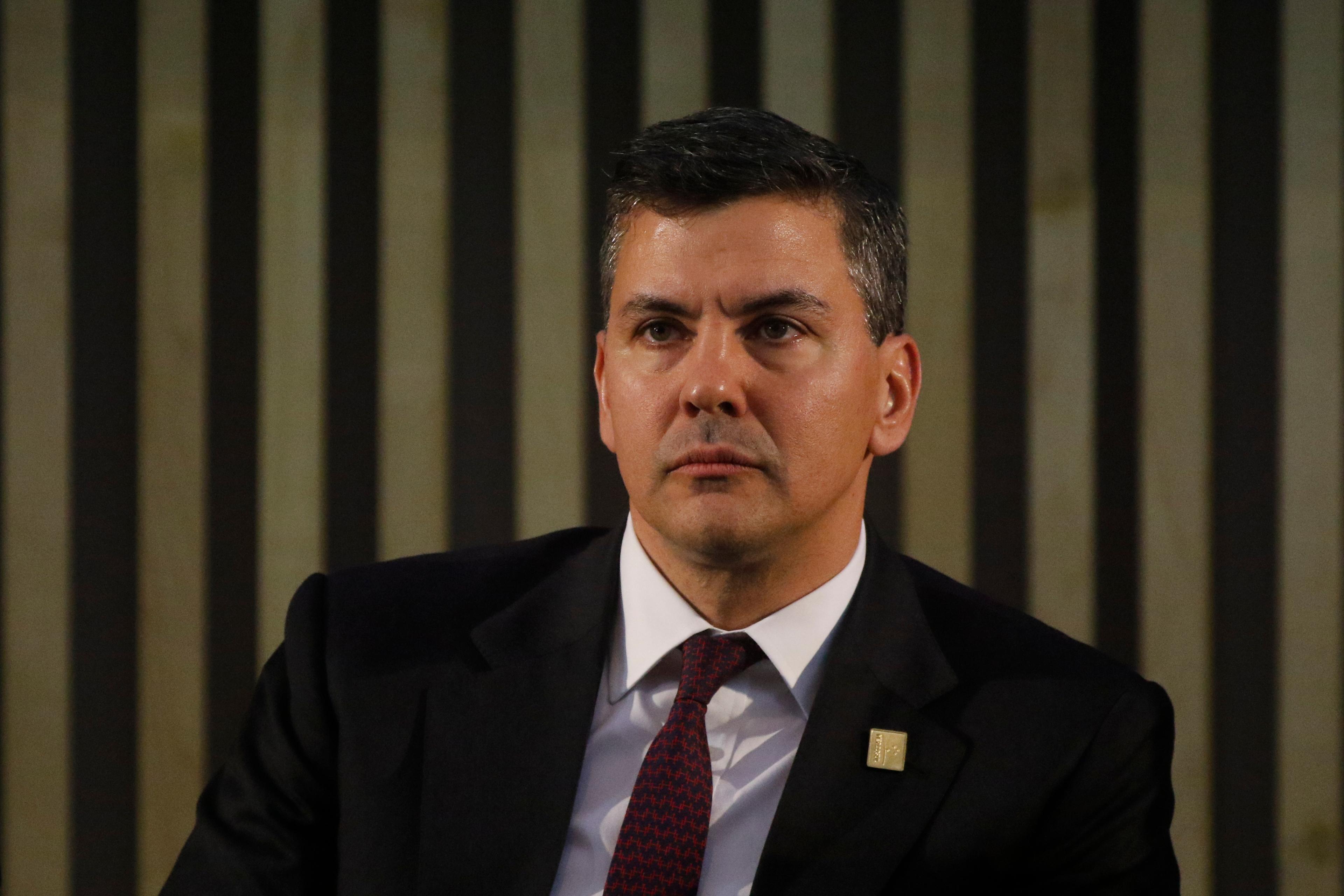This is the 6th country with an embassy in Jerusalem
Paraguay moves embassy to Jerusalem - But at what cost?
Despite international pressure, a sixth country breaks ranks on Jerusalem. The timing, however, raises questions about opportunistic diplomacy

As Paraguay prepares to inaugurate its embassy in Jerusalem this Wednesday, the move highlights the growing divide between nations willing to break with international consensus and those maintaining their diplomatic distance from the disputed city.
President Santiago Pena's decision to relocate Paraguay's embassy comes wrapped in the language of solidarity, particularly poignant in the shadow of October 7. But beneath the diplomatic niceties lies a more complex reality of international relations and opportunistic timing.
"Who are we to question where they establish their own capital?" Pena has said, echoing the simplistic rhetoric that has characterized similar moves by other nations. It's a statement that conveniently ignores the nuanced reality of Jerusalem's status in international law and its role in any future peace negotiations.
The ceremony, to be held in the Har Hotzvim industrial park - hardly the prestigious location one might expect for an embassy - will feature families of October 7 victims, a choice that seems calculated to deflect criticism through emotional resonance.
Knesset Speaker Amir Ohana, fresh from inaugurating Israel's embassy in Asunción, has already woven the personal into the political, highlighting the installation of a mezuzah from victims' homes - a gesture that, while meaningful, raises questions about the instrumentalization of tragedy for diplomatic gains.
Paraguay joins an eccentric club of nations with Jerusalem embassies: the United States, Guatemala, Honduras, Kosovo, and Papua New Guinea. It's hardly the diplomatic company a nation typically aspires to keep, raising questions about the real motivations behind the move.
The timing is particularly telling. As Israel faces increasing international scrutiny over its military response in Gaza, Paraguay's gesture provides a welcome diplomatic victory - though perhaps not the heavyweight international support Israel truly seeks.
For Paraguay, the benefits are less clear. While it strengthens ties with Israel, it potentially complicates relationships with other nations and aligns it with a position that much of the international community still views as problematic.
The decision has its roots in Paraguay's historical support for Israel, dating back to the 1947 UN vote. But history alone doesn't explain the timing of this move, coming as it does during one of the most contentious periods in recent Israeli history.
Pena's upcoming address to the Knesset and meetings with Prime Minister Netanyahu and President Herzog will undoubtedly be filled with warm words about friendship and solidarity. But beneath the diplomatic pleasantries lies an uncomfortable truth: in the complex reality of Middle Eastern politics, symbolic gestures often carry unforeseen consequences.
As Paraguay becomes the sixth country to place its embassy in Jerusalem, the real question isn't about the number of flags flying in the city, but about the price of diplomatic gestures in a region where every move carries weight far beyond its immediate implications.
Will this move will inspire other nations to follow suit or will it remain an isolated gesture? Only time will tell.
Jewish Breaking News contributed to this article.